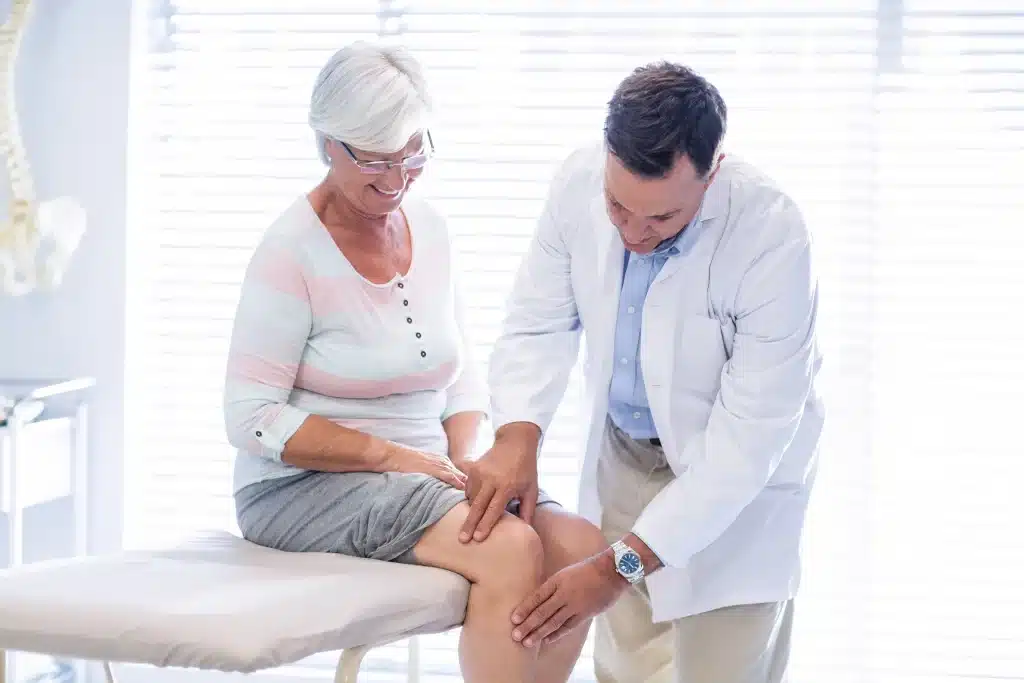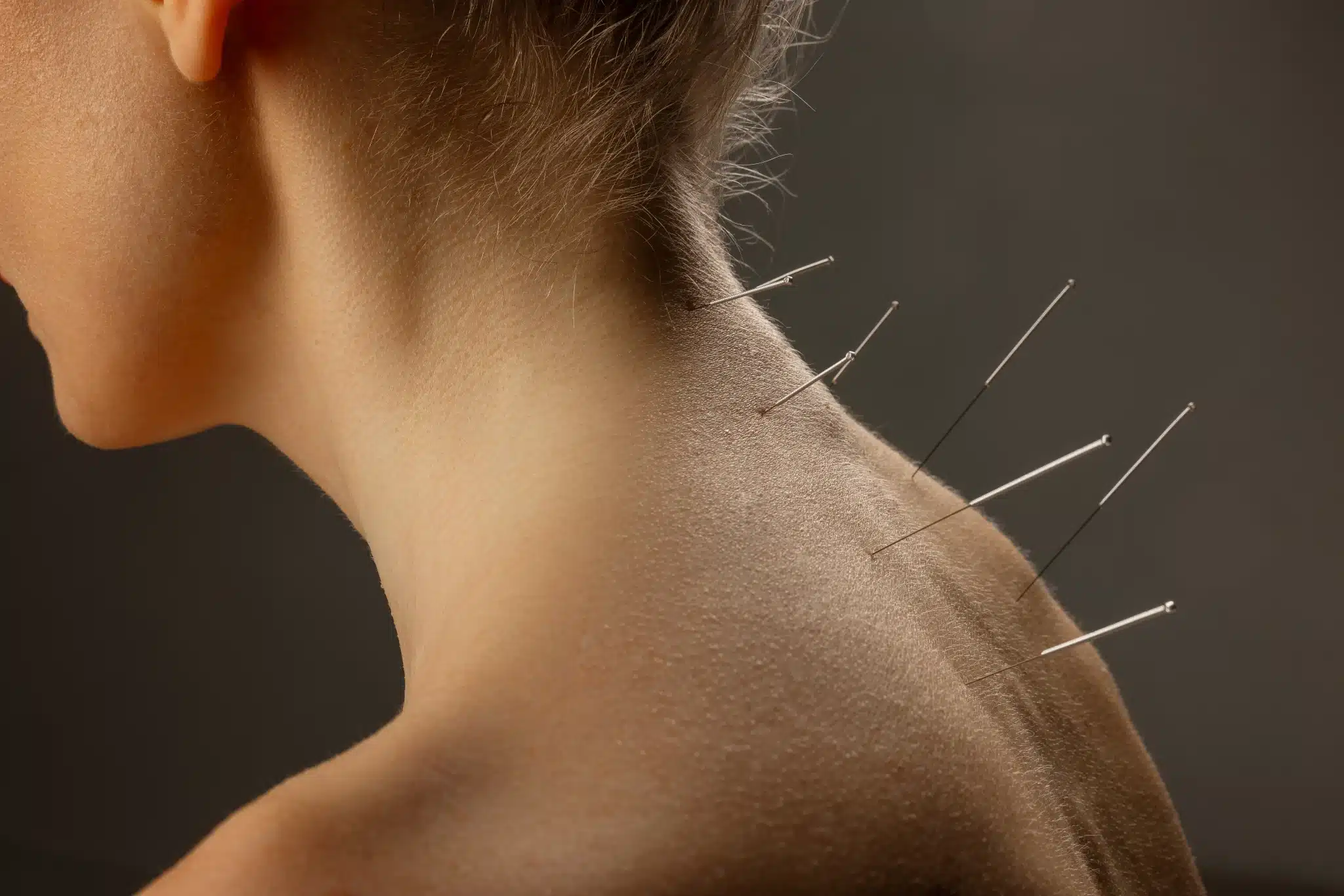Ever wondered why some practices struggle with claim denials while others sail through reimbursements? The secret often lies in precise diagnosis coding. We're about to show you how mastering M19.90 can transform your billing success.
Ready to streamline your billing process and maximize reimbursements? Contact our billing experts today to discover how proper M19.90 coding can protect your practice revenue and reduce claim denials.

Understanding M19.90: The Foundation of Osteoarthritis Billing
The M19.90 diagnosis code represents "Unspecified osteoarthritis, unspecified site" in the ICD-10-CM system. This billable code falls under the category M00-M99 (Diseases of the musculoskeletal system and connective tissue).
Unlike specific osteoarthritis codes that pinpoint exact locations, M19.90 serves as your safety net. When patients present with clear osteoarthritis symptoms but documentation lacks specific joint identification, this code ensures proper billing.
Key Features of M19.90
- Billable Status: Yes, fully billable for reimbursement purposes
- Effective Date: October 1, 2024 (2025 edition)
- Category: Arthropathies (M00-M99)
- Specificity Level: Unspecified site and type
When Should You Use M19.90 in Your Practice?
Smart coding starts with knowing exactly when to apply M19.90. Here are the clinical scenarios where this code becomes your best friend:
Primary Indicators
- Joint pain persisting for several months
- Morning stiffness lasting over 30 minutes
- Reduced range of motion in affected joints
- Crepitus (grinding sensation) during movement
- Radiographic evidence of cartilage breakdown
Documentation Requirements
Your medical records should clearly support the osteoarthritis diagnosis. However, when specific joint locations aren't documented, M19.90 provides appropriate coverage.
Important: Always attempt to use more specific codes when possible. M19.90 works best as a fallback option.
M19.90 vs. Related Osteoarthritis Codes
Understanding code relationships prevents billing errors and maximizes reimbursement accuracy.
| Code | Description | When to Use |
|---|---|---|
| M19.90 | Unspecified osteoarthritis, unspecified site | Site and type unknown |
| M19.91 | Primary osteoarthritis, unspecified site | Primary type, site unknown |
| M19.92 | Post-traumatic osteoarthritis, unspecified site | Following injury, site unknown |
| M19.9 | Osteoarthritis, unspecified site | Less specific than M19.90 |

Maximizing Revenue with Proper M19.90 Documentation
Accurate documentation directly impacts your bottom line. Here's how to ensure bulletproof billing:
Essential Documentation Elements
- Patient History: Detailed pain progression and functional limitations
- Physical Examination: Joint assessment findings and range of motion tests
- Diagnostic Imaging: X-ray or MRI results showing osteoarthritic changes
- Treatment Response: Previous interventions and patient outcomes
Avoiding Common Pitfalls
- Never use M19.90 when specific joint involvement is documented
- Ensure symptom duration supports chronic condition diagnosis
- Rule out other arthritis types before applying this code
Need help optimizing your documentation for better reimbursements? Our specialized billing team understands the unique challenges holistic practitioners face. Learn more about our services and see how we can improve your coding accuracy.
CPT Codes That Pair Well with M19.90
Holistic healthcare providers often use these treatment codes alongside M19.90:
Common Treatment Codes
- 97110: Therapeutic exercises (15 minutes)
- 97140: Manual therapy techniques (15 minutes)
- 97035: Ultrasound therapy (15 minutes)
- 20610: Joint injection without ultrasound guidance
- 99213-99215: Established patient visits
Specialized Holistic Treatments
- 97124: Massage therapy (15 minutes)
- Manual therapy codes: For chiropractic manipulation
- Acupuncture codes: When treating osteoarthritic pain
The Financial Impact of Accurate M19.90 Coding
Proper coding directly affects your practice's financial health. Consider these scenarios:
Revenue Protection Strategies
- Claim Acceptance: Accurate M19.90 usage reduces denial rates
- Audit Compliance: Proper documentation supports code selection
- Insurance Relations: Consistent coding builds payer trust
Cost of Coding Errors
Incorrect coding can result in:
- Claim denials requiring resubmission
- Delayed payments affecting cash flow
- Potential audit flags and scrutiny
- Lost revenue from unbillable services
M19.90 in Different Practice Settings
Each holistic healthcare specialty has unique considerations for M19.90 application:
Acupuncture Practices
Osteoarthritis patients frequently seek acupuncture for pain management. Document specific needle placement areas while using M19.90 for the underlying condition.
Chiropractic Care
Joint dysfunction often accompanies osteoarthritis. M19.90 supports manipulative treatment when specific joint involvement isn't clearly documented.
Massage Therapy
Therapeutic massage addresses osteoarthritic pain and stiffness. M19.90 provides billing support when treating generalized joint discomfort.
Synonyms and Related Terms for M19.90
Understanding various terminology helps with accurate code selection:
- Degenerative joint disease
- Arthrosis NOS (Not Otherwise Specified)
- Arthritis NOS
- Osteoarthrosis
- Wear-and-tear arthritis
- Degenerative arthritis
Future-Proofing Your M19.90 Billing Strategy
Healthcare coding continues evolving. Stay ahead with these strategies:
Best Practices
- Regular coding education for staff
- Documentation review processes
- Payer policy monitoring
- Technology updates for accuracy
Technology Integration
Modern billing systems help identify appropriate code selections and flag potential errors before submission.
Ready to revolutionize your billing accuracy and boost practice revenue? Our comprehensive billing solutions are specifically designed for holistic healthcare providers. Contact us today to schedule your consultation and discover how proper M19.90 coding can protect your financial future.

Securing Your Practice's Financial Future
Mastering M19.90 represents more than just learning another diagnostic code. It's about protecting your practice's financial stability while ensuring patients receive appropriate care documentation.
Remember these key takeaways:
- Use M19.90 when osteoarthritis is confirmed but specific joint involvement isn't documented
- Always attempt more specific coding when possible
- Maintain thorough documentation supporting your code selection
- Partner with billing professionals who understand holistic healthcare needs
Your expertise lies in healing patients. Let coding specialists handle the complexities of medical billing, so you can focus on what matters most – providing exceptional patient care.
For holistic healthcare providers seeking billing excellence, proper M19.90 usage becomes a cornerstone of financial success. The difference between struggling with denials and enjoying consistent reimbursements often comes down to coding accuracy and documentation quality.





